1. Introduction to Poultry Transport Cage
A Poultry Transport Cage, also known as a poultry transport crate or live bird transportation cage, is a specialized container designed for the safe, efficient, and hygienic movement of chickens, broilers, ducks, quails, and other live birds during farming, processing, and logistic operations. It plays a central role in modern poultry industries where the handling and movement of birds must be performed quickly and humanely while minimizing stress and avoiding injuries.
High-quality poultry transport cages are typically made of durable high-density polyethylene (HDPE) or polypropylene, offering exceptional impact resistance, weather resistance, and flexibility during repeated loading and unloading cycles. These cages are widely used in poultry farms, transport fleets, slaughterhouses, hatcheries, and live bird markets.
A good poultry transport cage must meet multiple functional requirements:
Strong structural integrity
Proper ventilation
Bird safety and comfort
Stackability for space efficiency
Easy cleaning and disinfection
Long service life in harsh farm conditions
With growing global demand for more efficient poultry supply chains, investing in high-performance transport cages becomes essential for ensuring operational efficiency, bird welfare, and biosecurity.
2. Technical Specifications (Typical Parameters)
Although specifications vary by manufacturer, below are common technical details for standard poultry transport cages.
2.1 Material
High-Density Polyethylene (HDPE)
UV-resistant, corrosion-proof
Food-grade plastic for safety
One-piece injection-molded or assembled structure
2.2 Dimensions
Common dimension variations include:
Standard Cage | 800–900 mm | 550–600 mm | 250–300 mm | 8–12 broilers |
Jumbo Cage | 950–1000 mm | 600–700 mm | 300–350 mm | 12–16 broilers |
Quail/Duck Cage | 700–800 mm | 500–550 mm | 200–250 mm | 20–30 small birds |
2.3 Structural Design
Solid bottom or perforated bottom
Ventilation holes for airflow
Reinforced side walls
Top sliding door or flip-up door
Stackable structure with anti-slip corners
2.4 Weight
2.5 Load Capacity
2.6 Color Options
2.7 Operating Temperature
3. Key Features of Poultry Transport Cage
3.1 Strong Structural Durability
The cage is manufactured with industrial-grade HDPE, which prevents cracking, bending, and deformation under heavy loads and frequent use.
3.2 Excellent Ventilation
Large ventilation openings allow airflow from all sides, preventing heat stress and ensuring the welfare of birds during transportation, especially on long trips.
3.3 Hygienic and Easy to Clean
Smooth internal surfaces prevent bacterial buildup. The cage can be cleaned with high-pressure washers and disinfectant solutions, maintaining biosecurity on the farm.
3.4 Bird-Friendly Design
Rounded corners and smooth edges minimize the risk of scratches or injuries to birds during loading and unloading.
3.5 Lightweight and Easy to Handle
Portable and designed for quick manual operation. Workers can load, lift, and stack cages efficiently.
3.6 Stackable for Maximum Space Utilization
The cages can be stacked vertically in trucks or storage areas without slipping, improving transportation efficiency and reducing logistic costs.
3.7 Weatherproof and Long-Lasting
UV-resistant materials ensure cages remain durable even under direct sunlight, heavy rains, or extreme temperatures.
3.8 Customizable Door Options
Sliding doors
Top-opening doors
Front doors
These options allow different handling styles depending on bird type and farm workflow.
4. Advantages of Using Poultry Transport Cages
4.1 Improve Transport Efficiency
Stackable structures help maximize load capacity in trucks, significantly reducing fuel consumption and transportation cost.
4.2 Reduce Bird Mortality and Stress
Proper ventilation and safe design ensure birds remain calm and healthy during transport, improving meat quality and reducing losses.
4.3 Enhance Farm Hygiene and Biosecurity
Plastic cages do not absorb moisture or bacteria, unlike wooden crates. They can be sanitized thoroughly, preventing disease spread.
4.4 Cost-Effective Long-Term Investment
HDPE cages last up to 8–10 years with proper maintenance, reducing farm accessory replacement expenses.
4.5 Versatile Applications
Suitable not only for poultry farms but also for:
Hatcheries
Processing plants
Transport fleets
Live bird markets
Veterinary usage
4.6 Protection Against Contamination
Smooth surfaces and quality materials reduce bacterial contamination risks, aligned with modern poultry industry standards.
5. Applications of Poultry Transport Cage
5.1 Poultry Farms
Used to move broilers, breeders, layers, and young chicks internally or externally.
5.2 Hatcheries
Transport day-old chicks from hatcheries to farms.
5.3 Slaughterhouses and Processing Plants
Efficient loading and unloading of broilers for processing operations.
5.4 Live Bird Markets
Designed for the safe display and handling of live poultry in retail environments.
5.5 Animal Transport Companies
Used in professional logistics services for moving live animals.
5.6 Veterinary Clinics and Quarantine Centers
Useful for controlling movement of sick or quarantined birds.
5.7 Export and Long-Distance Transport
Durable cages meet international transportation requirements.
6. How to Use Poultry Transport Cage (Operation Guide)
6.1 Preparation Before Use
Clean and disinfect the cage thoroughly.
Check for cracks or damage.
Ensure doors and locks function properly.
Label cages for tracking (optional).
6.2 Loading Birds
Calm the birds before loading.
Use gentle handling to prevent feather loss or injury.
Do not overcrowd; follow recommended bird capacity.
Use top or sliding door depending on cage type.
6.3 Stacking and Transporting
Align cages vertically using built-in stack guides.
Avoid uneven stacking to prevent cage collapse.
Ensure proper airflow around the stacked cages.
Secure cages in trucks to avoid sliding during movement.
6.4 Unloading Birds
Open doors gradually to prevent birds rushing out.
Maintain calm environment to reduce stress.
Clean the cage immediately after unloading.
7. Maintenance and Cleaning Guidelines
7.1 Cleaning Steps
Remove feathers and waste manually.
Use high-pressure water spray.
Apply disinfectant solution.
Rinse thoroughly and air dry.
7.2 Storage
Store in dry, cool areas away from sunlight when not in use.
Avoid stacking too high to prevent deformation.
7.3 Inspection
Regularly check joints, hinges, and doors.
Replace damaged parts promptly.
8. How to Select the Right Poultry Transport Cage
8.1 Bird Size and Quantity
Choose cages based on target bird type:
Broilers
Layers
Quails
Ducks
8.2 Material Quality
Ensure the cage is made of:
8.3 Handling Requirements
Consider door type and workflow efficiency.
8.4 Transport Distance
Long-distance transport requires stronger structural support and better ventilation.
8.5 Stackability Design
Look for anti-slip corners and interlocking design to avoid accidents.
8.6 Cleaning Convenience
Smooth surfaces reduce cleaning time and cost.
9. Frequently Asked Questions (FAQ)
Q1: How many broilers can one poultry transport cage hold?
A standard cage typically holds 8–12 broilers, depending on size and weight.
Q2: Are plastic cages better than metal cages?
Yes. Plastic cages are:
Corrosion-free
Lighter
More hygienic
Less harmful to birds
Q3: How long does a poultry transport cage last?
With proper maintenance, cages last 8–10 years.
Q4: Can these cages be used for chicks?
Yes, but chick-specific crates are recommended for better safety and airflow.
Q5: Can the cages be stacked during transport?
Yes. They are designed with interlocking corners for stable stacking.
Q6: Are poultry transport cages easy to clean?
Very easy. The smooth plastic surface allows pressure-washing and disinfection.
Q7: Do cages affect bird welfare?
High-quality cages improve welfare by preventing overcrowding, injuries, and overheating.
Q8: Can I use them for ducks or geese?
Yes. Larger models are suitable for ducks, geese, turkeys, or other large birds.
Conclusion
A Poultry Transport Cage is an essential tool for modern poultry farming and logistics. Its durable structure, excellent ventilation, hygienic design, and efficient stackability dramatically improve transport efficiency while ensuring bird safety and farm biosecurity. Whether for broiler farms, hatcheries, processing plants, or live markets, investing in high-quality poultry transportation cages can significantly reduce operational costs and increase productivity.
Company Profile
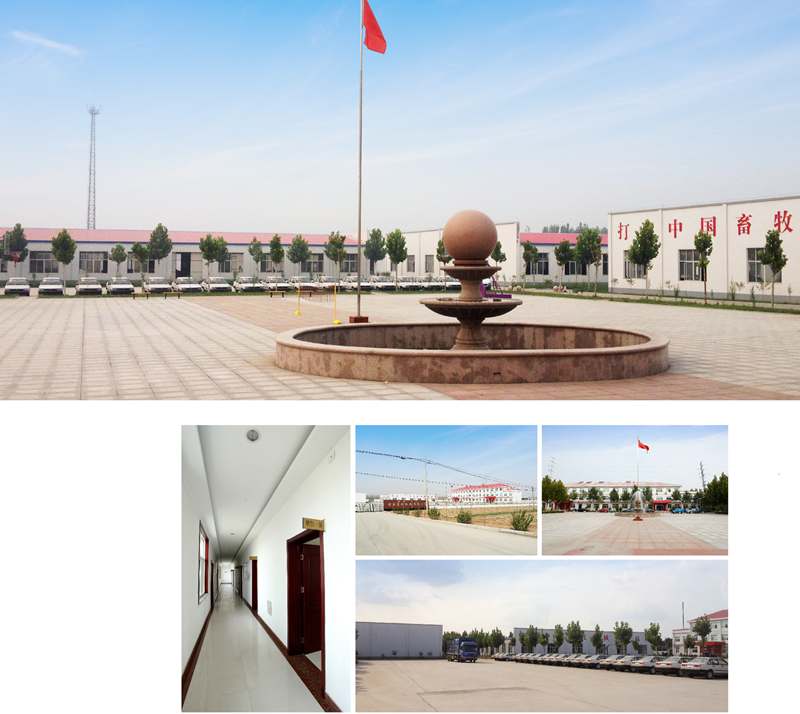
Shandong Huimin Qinle Livestock Machinery Co., Ltd. (formerly Shandong Huimin Qinle Livestock Machinery Factory) is a professional poultry equipment manufacturer with over 20 years of experience. We offer a comprehensive service package, from design (land and chicken coops), production (equipment and prefabricated steel coops), installation, commissioning, customer training, and after-sales service.
Located in Huimin County, Binzhou City, Shandong Province, China, the company has extensive experience in mechanical processing and manufacturing, as well as livestock machinery production and operation. With fixed assets of RMB 15 million, the company employs 160 people, including 30 R&D staff, and occupies a 40,000-square-meter factory. Equipped with over 110 pieces of advanced precision production equipment, including CNC machining centers and laser cutting machines, the company boasts a production capacity of RMB 50 million.
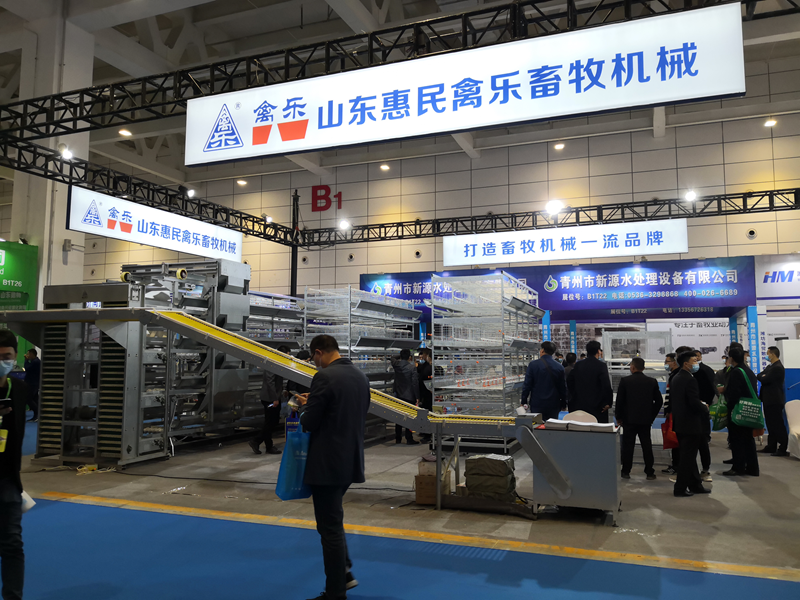
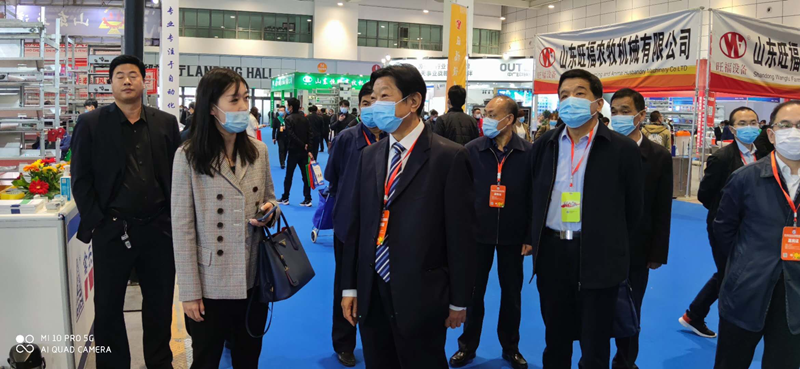
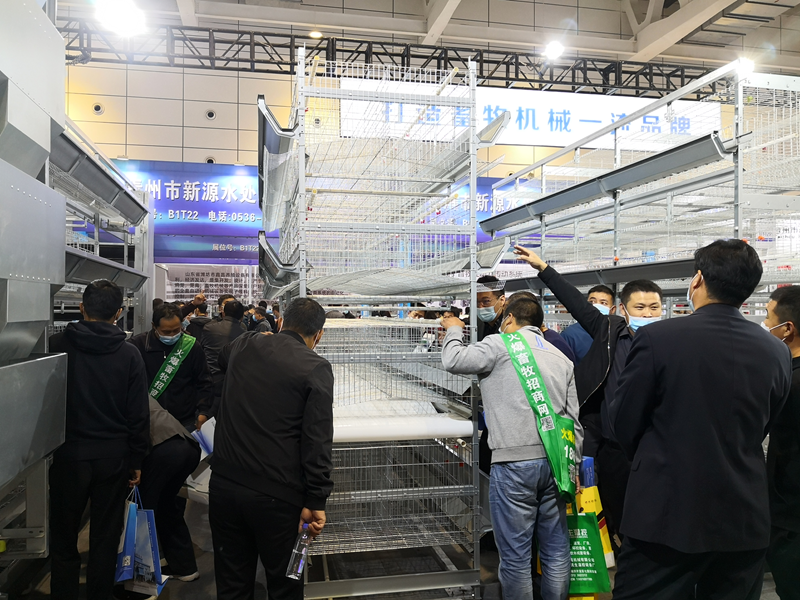
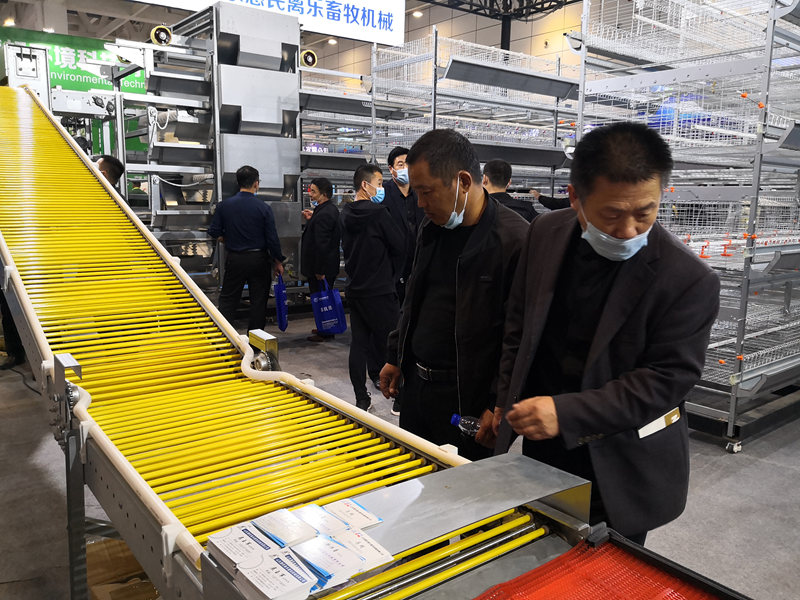
Chicken Farming Equipment Mesh Production Workshop

Machining Workshop
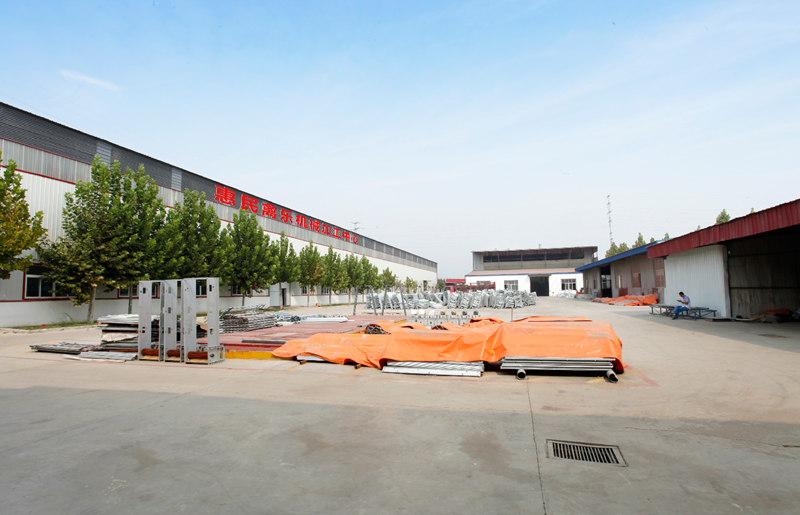
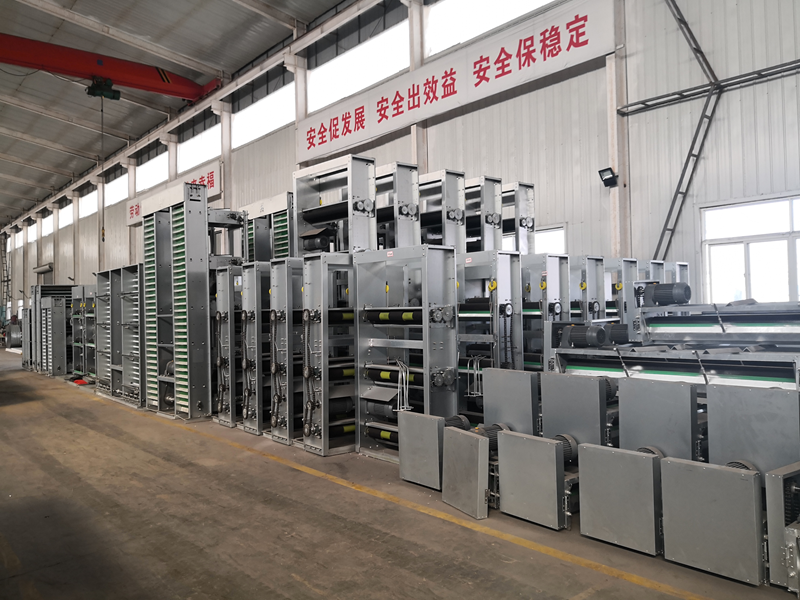
Turret-type CNC Punch Press, Laser Cutting and Other Machining Equipment
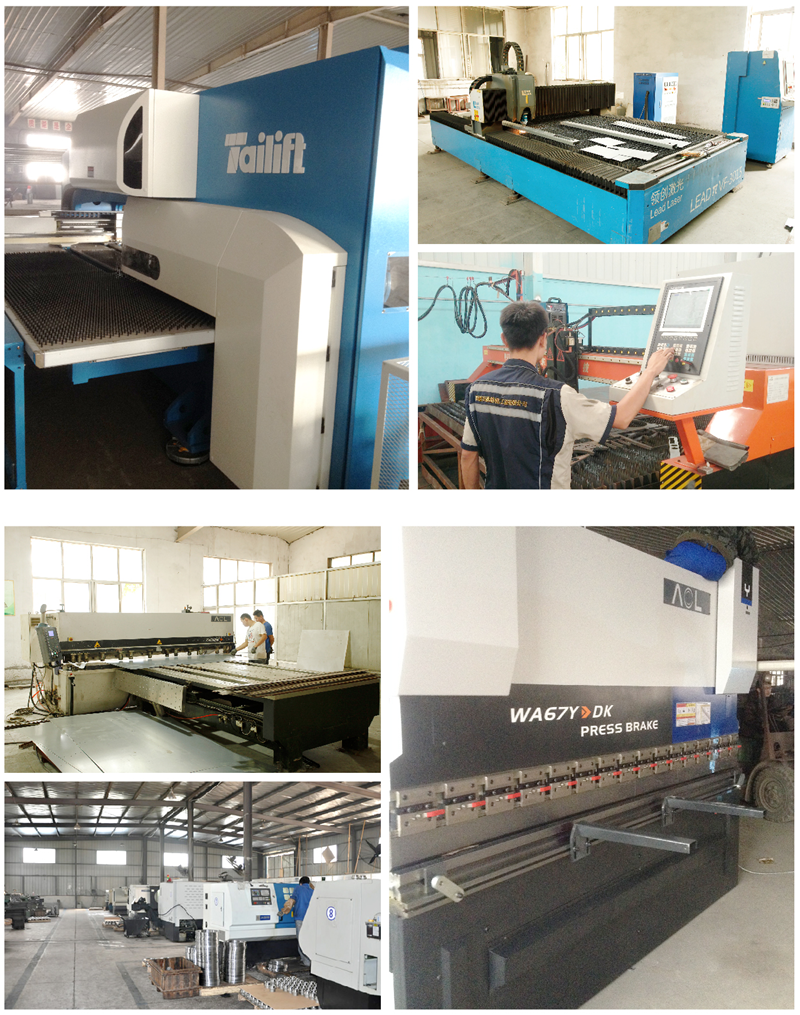
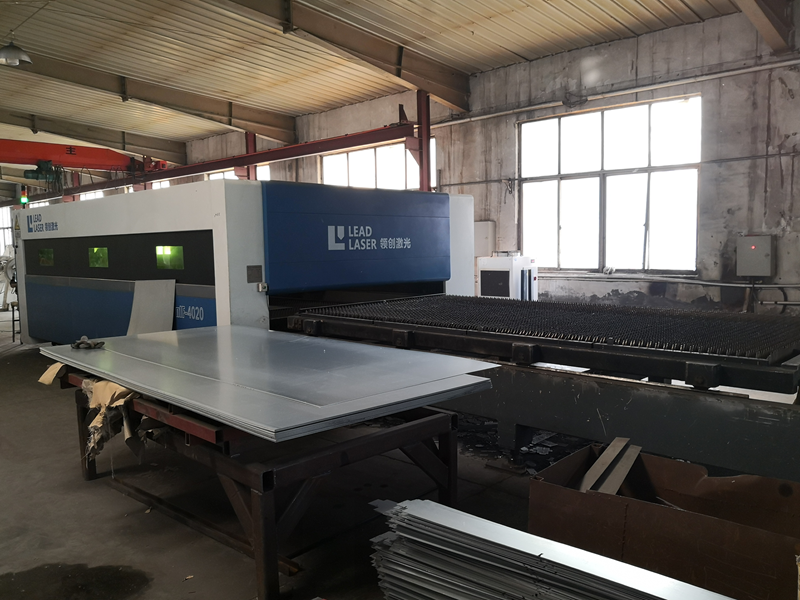

Fully Automated Roll Forming Production Line

Hot-dip Galvanizing Production Line

Electroplating Production Line
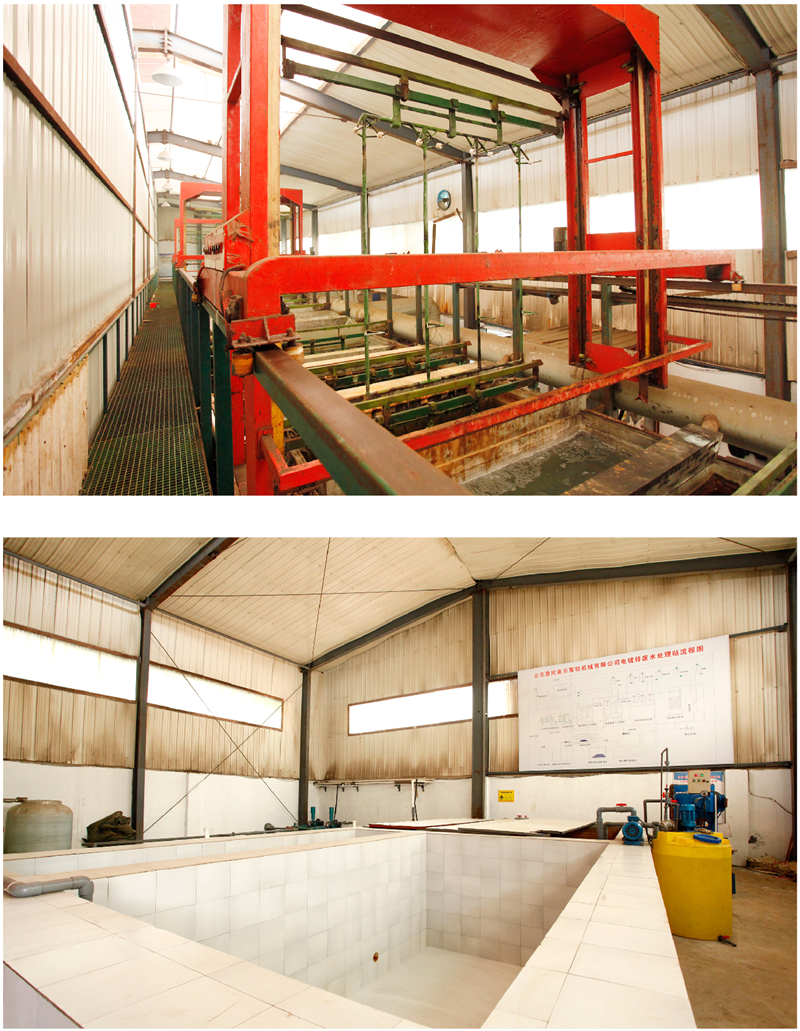
Environmental Protection Equipment
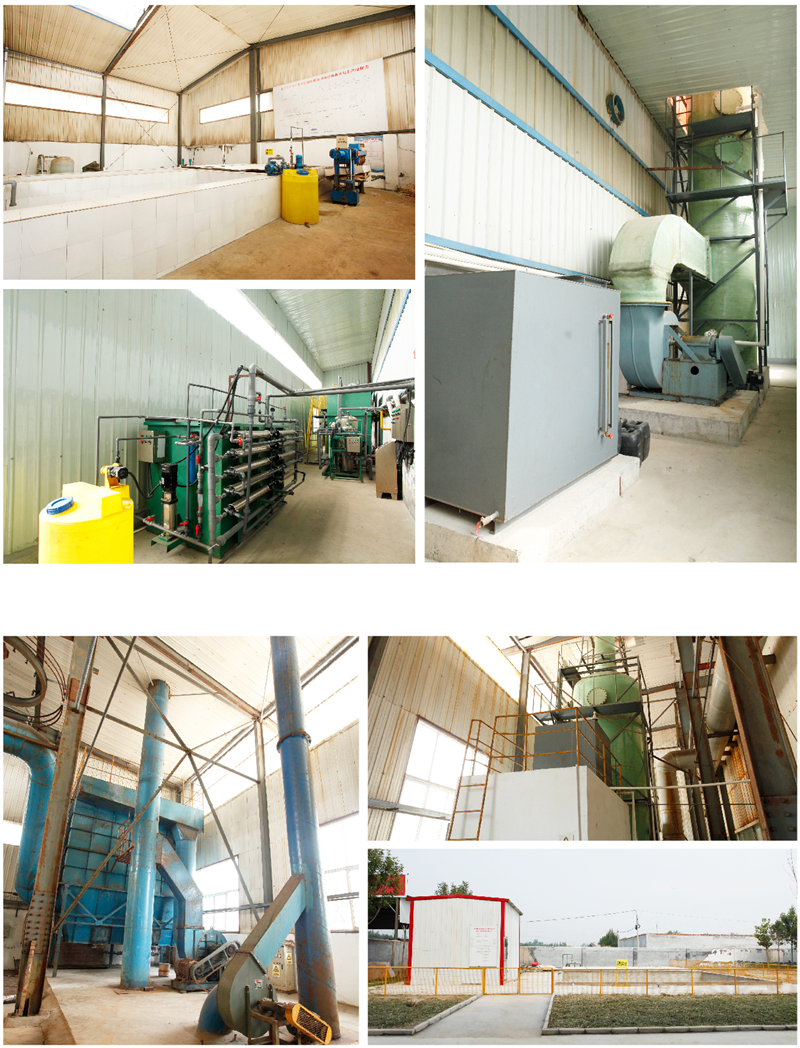
Chicken Farming Equipment Product Series
Egg-laying Hen Farming Equipment
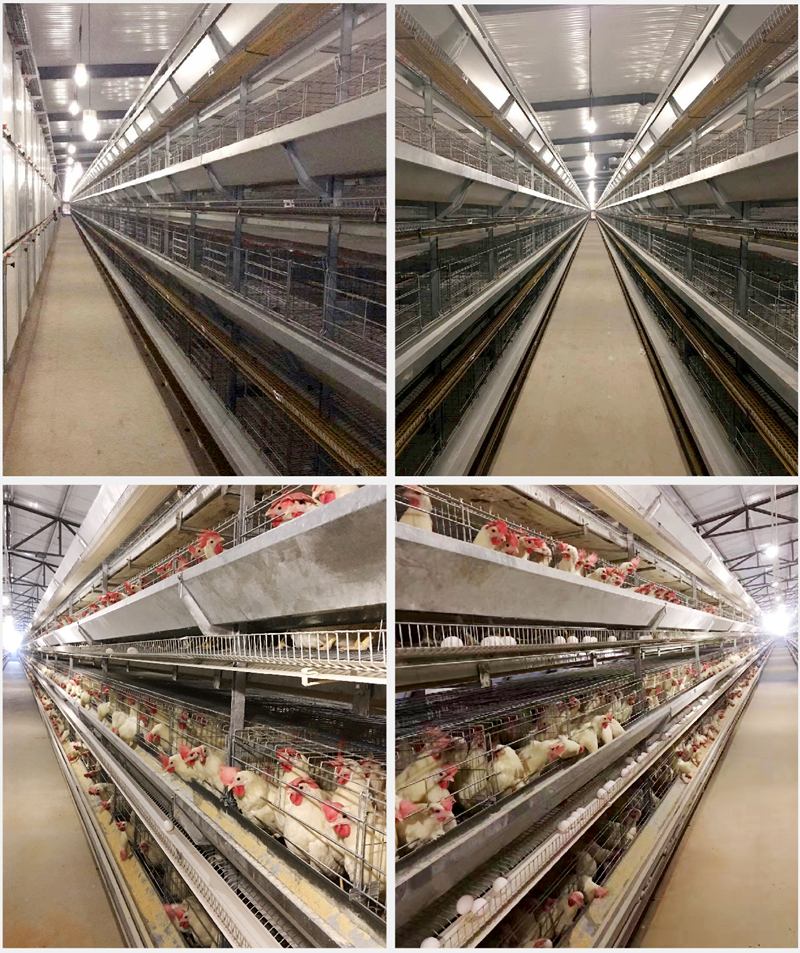
Stacked Brooding Cage Equipment

Stacked Broiler Cage Equipment
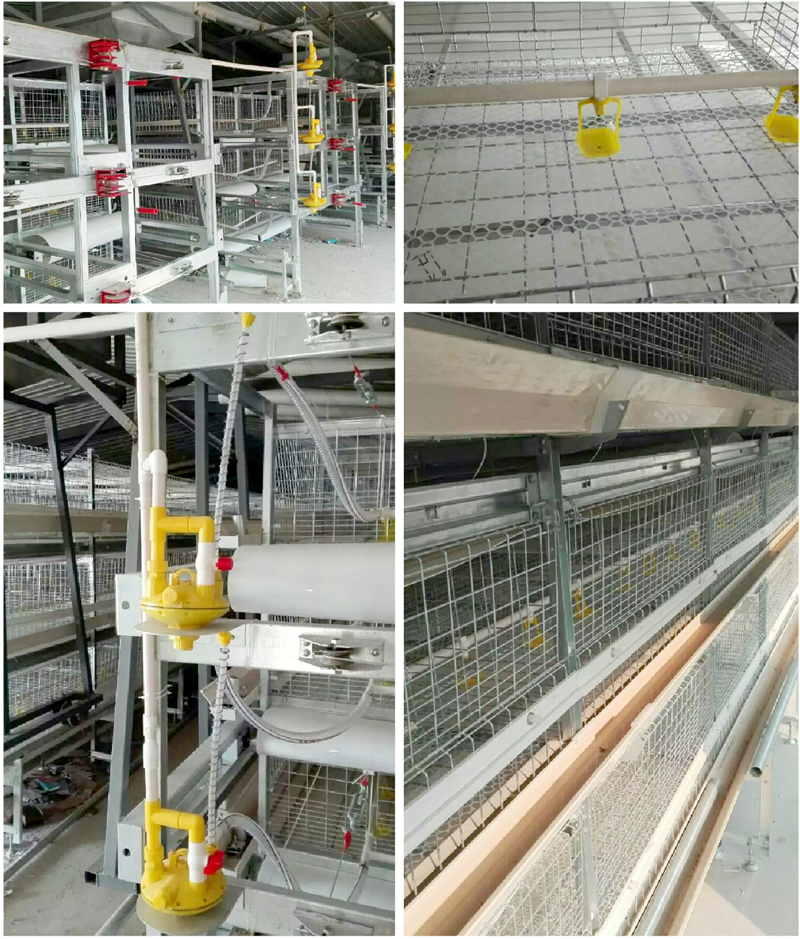
Stepped Layer Hen Cage Rearing Equipment
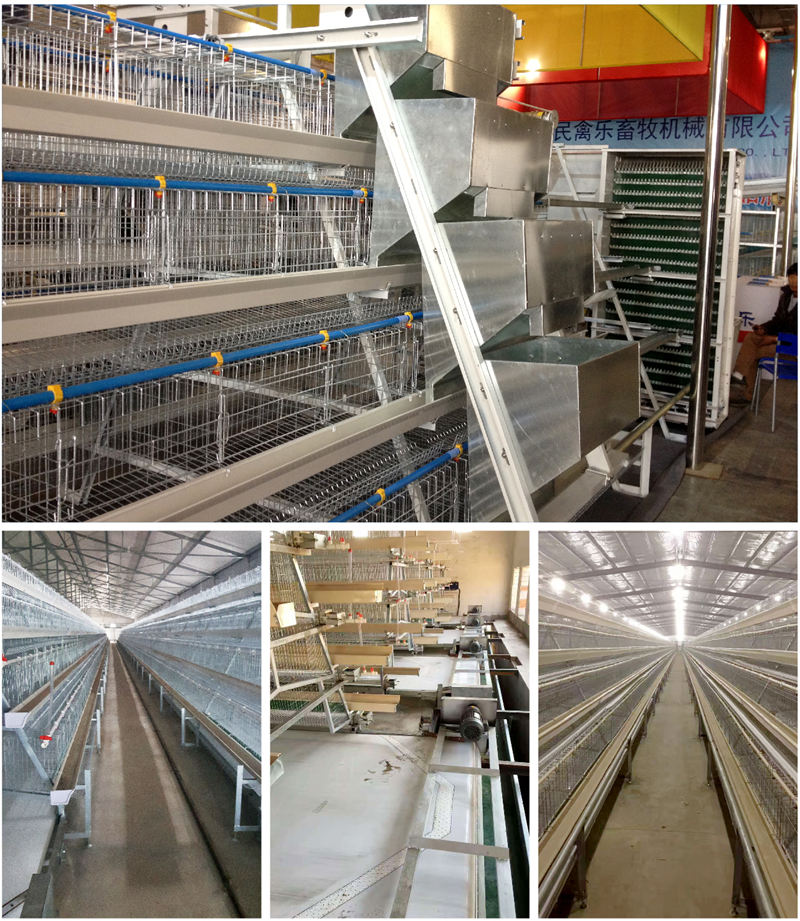
Automatic Egg Collection System
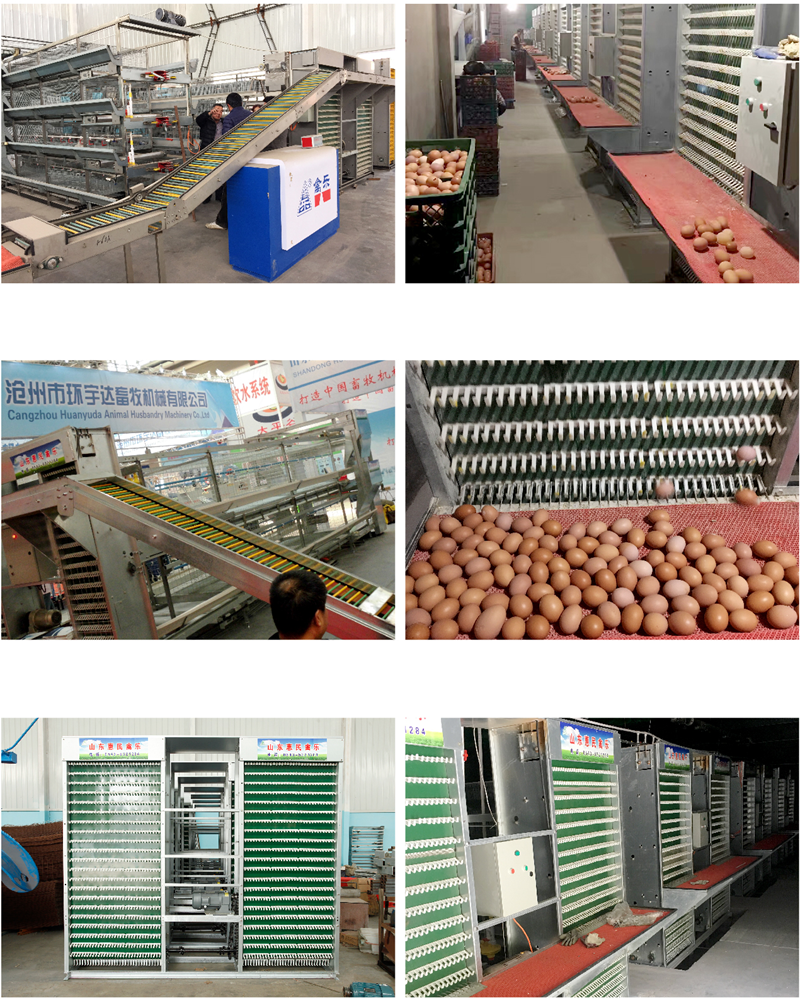
H-type Cage Feeding Machine
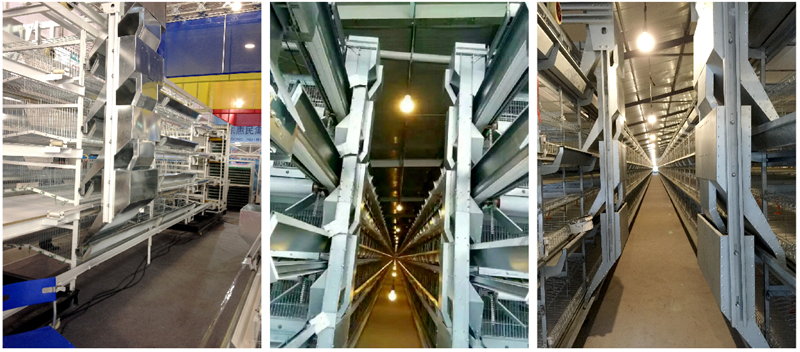
Stepped Cage Straddle Feeder
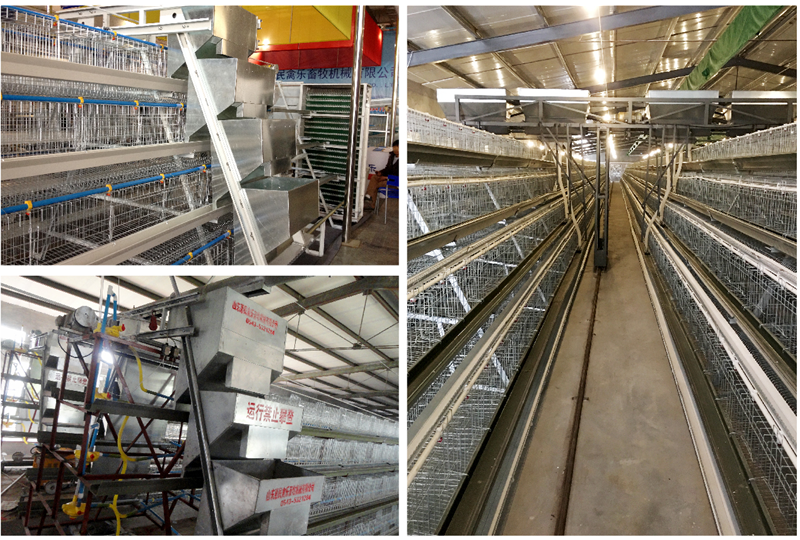
Manure Removal Machine
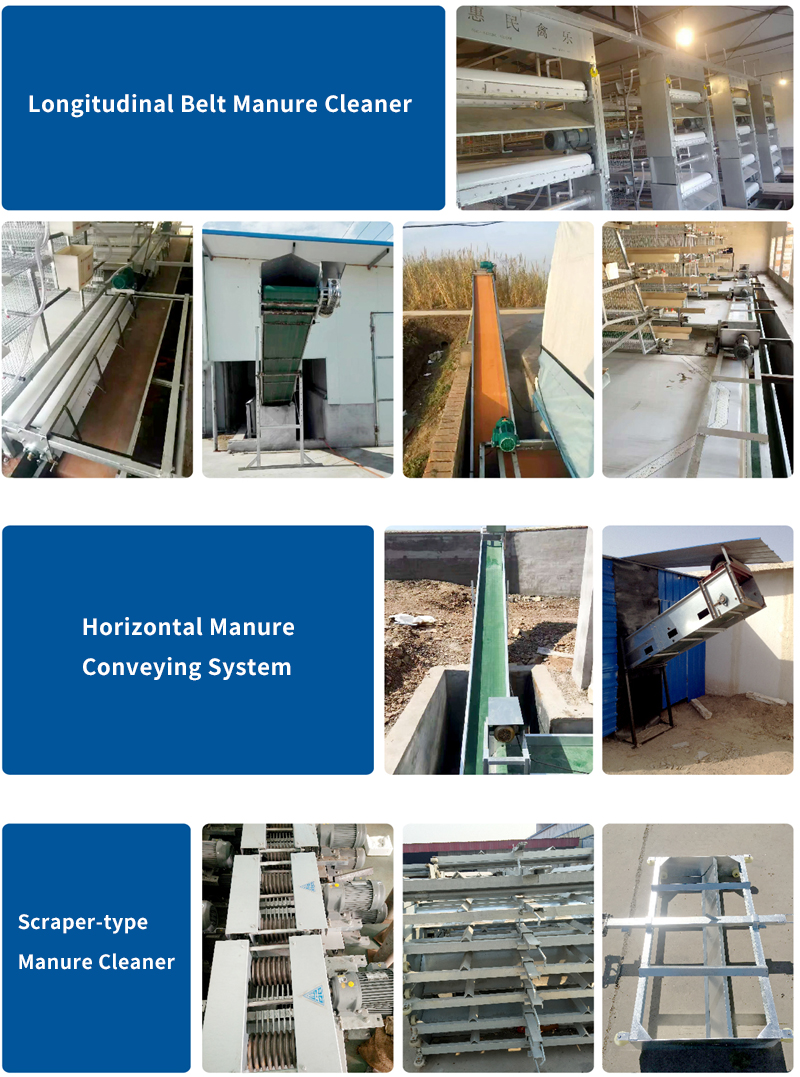
Fans, Heated Curtains, Environmental Control Systems, and Lighting Equipment
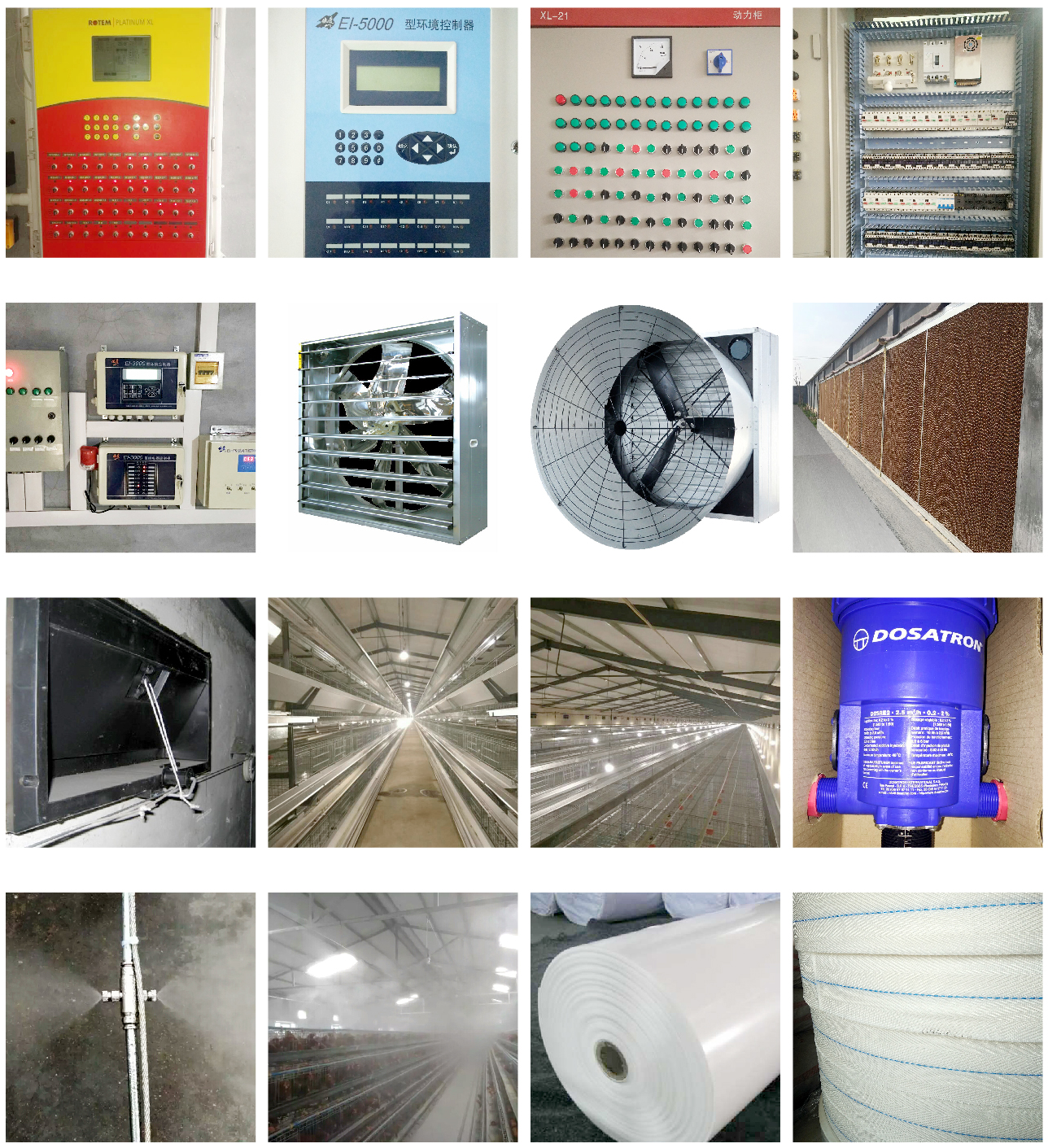
Complete Set of Equipment for Organic Fermentation Treatment of Manure
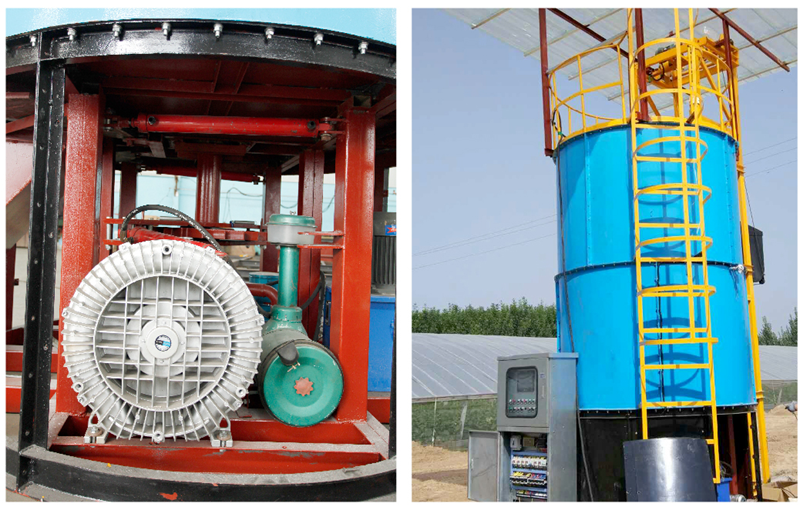

 Catalogue
Catalogue






























 Whatsapp
Whatsapp Telefon
Telefon